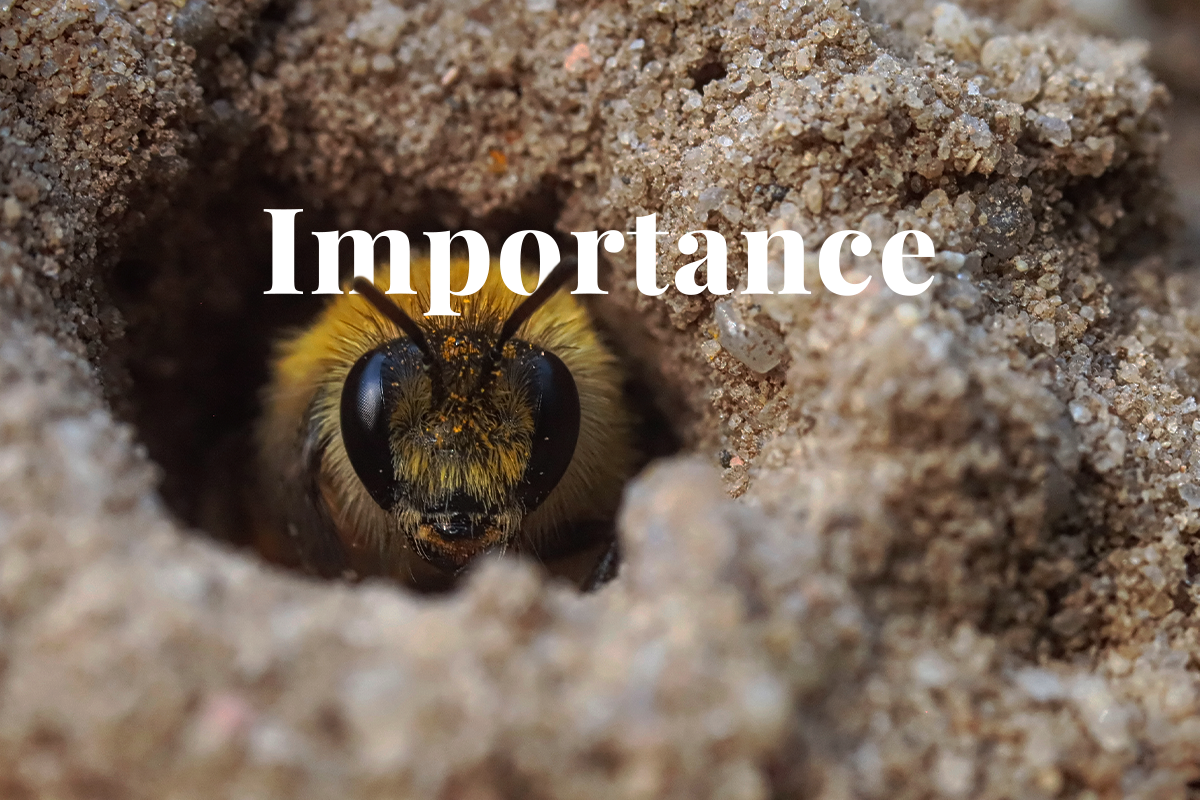Biodiversity insurance hypothesis means that species diversity in a given ecosystem makes the ecosystem more resilient. Now, there is proof for this hypothesis in wild bee populations and their role as pollinators.

The study examined wild bee species that pollinated two common fruit crops. The researchers found that there are different species of wild bees during a single season and that they vary from year to year. The study team examined several bee populations across numerous farms in New Jersey, Pennsylvania, and California.
‘We found that biodiversity plays a key role in the stability of ecosystems over time’, said Natalie Lemanski, lead author on the study and a postdoctoral researcher in the Department of Ecology, Evolution, and Natural Resources at the Rutgers School of Environmental and Biological Sciences (SEBS). She added, ‘You do actually need more bee species in order to get stable pollination services over a growing season and over years.’
The study identified which wild bee species visited blossoms on 16 blueberry farms in the eastern United States and 36 watermelon farms in the western United States over three years. The researchers also identified the amount of pollination each species provided by collecting individual bees and counting the number of pollen grains deposited.
The study found that on blueberry farms, the number of species required to maintain a threshold level of pollination was 47% higher over three years compared to one year. The number of species needed on watermelon farms was 62% higher over three years versus one year and 219% over six years versus a single year.
One of the most natural and effective ways to support biodiversity is to create habitats via reforestation. DGB Group develops large-scale projects that restore biodiversity and vital habitats. We work with investors, businesses, communities, and individuals to support biodiversity via nature-based solutions.





